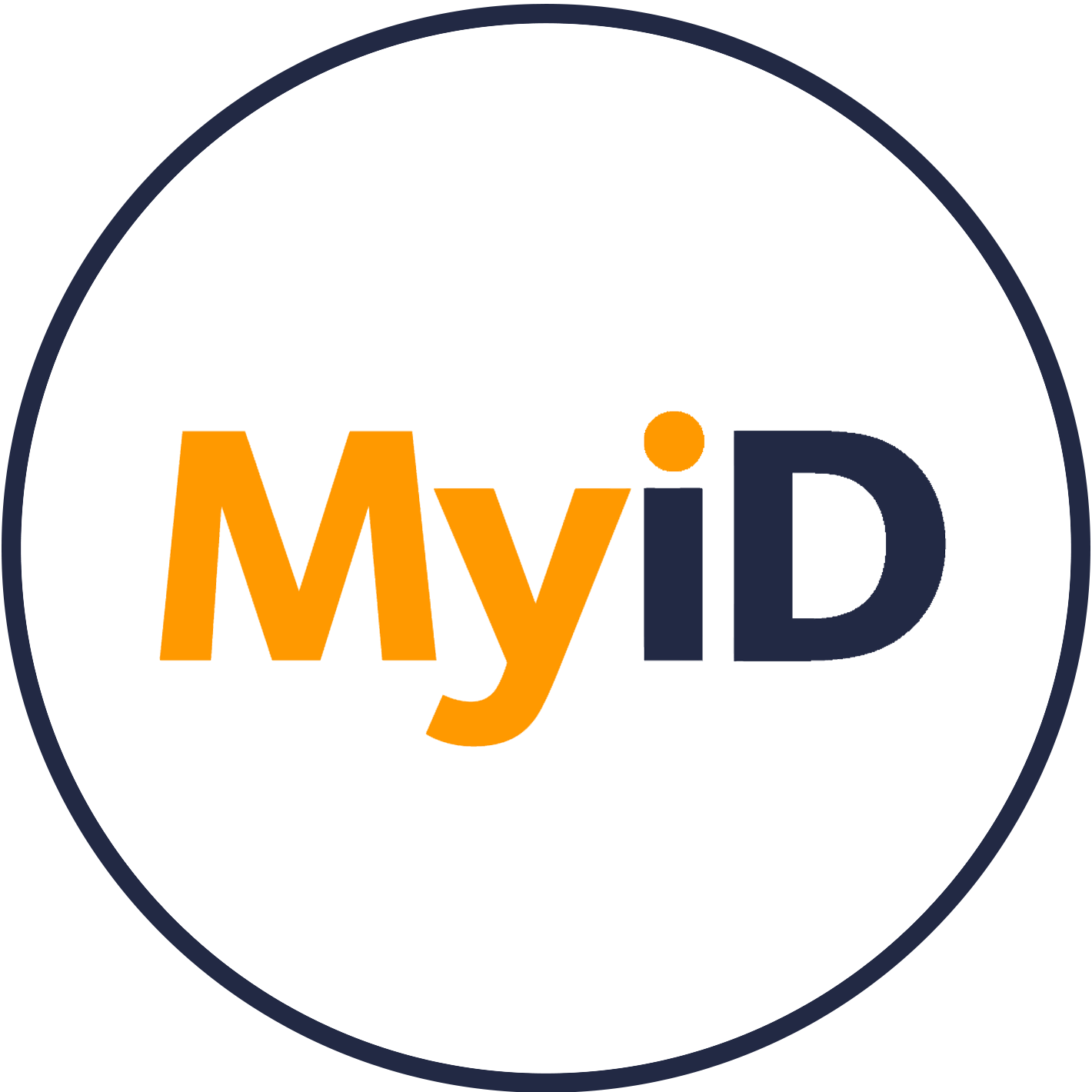MyID | CMS:
CREDENTIAL MANAGEMENT SYSTEM
Issue and manage high assurance credentials simply, securely and at scale.
DISCOVER THE MyID CMS SOFTWARE PLATFORM
MyID® CMS is available in two product variants. Get a credential management software solution that is developed to meet your organizations demands.
GET THE RIGHT MyID FOR YOUR ORGANIZATION
| Capability | MyID Enterprise | MyID PIV |
|---|---|---|
| Credential Management System, incorporating: • Operator Interface • Self-service application • Role-based access control to operations • Audit record creation and enquiry • Management Information reports • Secure authentication to MyID • Cryptographic key management • HSM Integration • Highly scalable server architecture |
||
| Tight integration with Microsoft Active Directory & Certificate Services, providing the ability to deploy PKI certificate-based authentication, signing & encryption using Windows Server technologies | ||
| Issuance and management of certificates on smart cards & USB Tokens from leading device manufacturers such as Gemalto, Safenet, Yubico, Idemia, Giesecke & Devrient | ||
| Self-service issuance processes & lifecycle management to reduce helpdesk costs | ||
| Issue & manage certificates on mobile devices including MDM integration | ||
| Issuance and manage certificates on virtual smart cards including Microsoft | ||
| Batch smart card personalization, card layout design & smart card printing Integration with a range of certificate authorities including Entrust, Digicert, Unicert & Primekey | ||
| Adaptable platform for complex environments providing integration APIs, SDKs & customization features | ||
| Mobile authentication for end users into cloud resources, corporate systems and networks using MyID’s Authenticator app | ||
| Biometric capture and advanced enrollment processes | ||
| Compliant with US Federal Government Standards for Identity Verification (PIV, PIV-I & Derived PIV Credentials) | ||
| Support for FIPS 201 PKI service providers | ||
| Support for FIPS 201 data models for smart card personalization | ||
| SP 800-157 compliant derived PIV credential issuance |
Secure access with the devices you want to use
Secure devices such as smart cards, USB tokens, virtual smart cards, smartphones and tablets provide organizations with a convenient form factor to securely store and use digital identities, but to deploy certificates to devices at scale, organisations need an efficient way to issue them and manage their lifecycle.
An effective credential management solution needs to integrate with the systems an organization already has in place such as directories, identity management solutions and mobile device management systems.
Just as important as being able to work with a wide range of systems and technologies is the need to deliver the desired credential issuance and management processes with minimal impact on the end users and operators of the solution.
MyID Credential Management Software

MyID is a feature-rich credential management system (CMS) that enables organizations to deploy PKI-based digital identities to a wide range of secure devices simply, securely and at scale.
Systems administrators use MyID to configure their certificate and device issuance policies, ensuring the right people receive the right digital identities. Built to integrate with infrastructure such as certificate authorities, directories, identity management solutions and mobile device management systems (MDMs), MyID minimises any impact on the existing environment reducing deployment times and operational costs.
For operators, MyID provides all the functions needed to issue credentials and manage their lifecycle. Supporting face to face, centralised and self-service issuance, MyID enables devices to be deployed quickly and in high volumes. Where users need assistance, e.g. to issue a replacement device upon loss, or to re-enable a locked device, MyID provides help-desk operators with simple process-driven features to ensure continuity of service without impacting security.
End users can perform tasks such as collecting new certificates at their own desktop via a simple self-service application, designed to walk users through processes in simple intuitive steps, it effectively reduces operational costs and the need for end user training.
MyID provides full audit and reporting capabilities allowing visibility of who issued which digital identities to which users and on what device, ensuring organisations remain in control of who can access their systems and enabling them to demonstrate compliance with best practice security standards.
BENEFITS OF MyID CMS
Download MyID CMS Resources
MyID CMS FOR SECURE DIGITAL IDENTITY MANAGEMENT
Trusted by Governments and Enterprises Worldwide
Where protecting systems and information really matters, you will find Intercede. Whether its citizen data, aerospace and defense systems, high-value financial transactions, intellectual property or air traffic control, we are proud that many leading organizations around the world choose Intercede solutions to protect themselves against data breach, comply with regulations and ensure business continuity.










